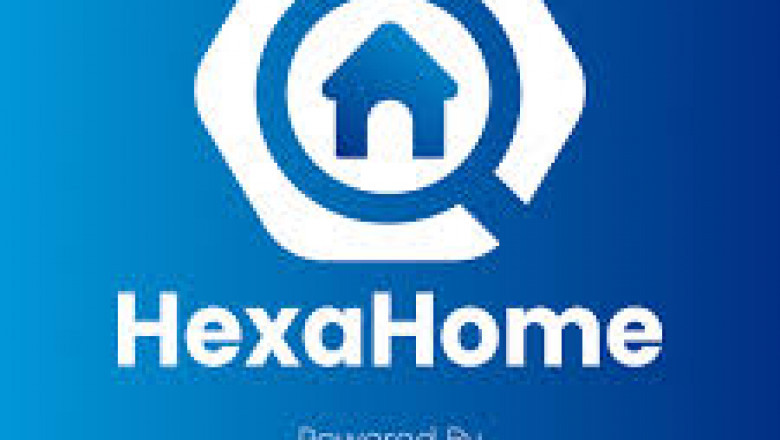views
Fractional ownership is rapidly transforming the landscape of luxury real estate, making high-end properties accessible to a broader range of investors and redefining traditional notions of property ownership. This shared ownership model allows multiple individuals to collectively own a luxury property, each holding a fraction or share that entitles them to use the property for a set period each year. As the demand for flexible, cost-effective, and experience-driven investment options grows, fractional ownership is emerging as a compelling solution in the luxury segment.
What Is Fractional Ownership?
Fractional ownership involves dividing a high-value property-such as a beachfront villa, penthouse, or mountain chalet-into equal shares, each of which is purchased by an individual investor. Owners receive legal rights proportional to their investment, and their usage of the property is typically scheduled to ensure equitable access. A professional management company often oversees maintenance, security, and other operational aspects, making the experience hassle-free for co-owners.
Key Benefits Driving Popularity
Reduced Financial Commitment: One of the most significant advantages is the lower cost barrier. Investors can enjoy the prestige and amenities of luxury real estate without bearing the full financial burden of purchase, taxes, and maintenance.
Access to Exclusive Locations: Fractional ownership opens doors to prime properties in sought-after destinations, allowing investors to experience world-class amenities and locations that might otherwise be out of reach.
Shared Maintenance and Responsibility: Maintenance costs and responsibilities are divided among co-owners, reducing individual obligations and ensuring professional upkeep.
Flexible Usage: Owners can use the property during designated periods and may even earn rental income when not in residence, maximizing both lifestyle and investment value.
Portfolio Diversification: Investors can diversify their holdings by acquiring shares in multiple properties across different locations, spreading risk and increasing potential returns.
Sustainability: By maximizing occupancy and reducing underutilization, fractional ownership supports more sustainable use of luxury properties.
Challenges and Considerations
While fractional ownership offers many advantages, it is not without challenges:
Limited Usage: Each owner is allotted specific periods for property use, which may not always align with personal preferences or peak seasons.
Liquidity Issues: Selling a fractional share can be more complex than selling a wholly owned property, as the market for such shares is more specialized and less liquid.
Potential for Disputes: Shared ownership requires clear agreements and effective management to avoid conflicts over usage, maintenance, and decision-making.
Regulatory and Legal Complexity: Navigating contracts, local regulations, and tax implications requires careful due diligence and legal expertise.
Technology’s Role in Fractional Ownership
The rise of PropTech platforms and digital marketplaces is streamlining the process of buying, selling, and managing fractional ownership shares. Innovations such as blockchain are enhancing transparency, security, and liquidity by enabling tokenization of property shares, simplifying transactions, and ensuring trust among co-owners. These advancements are making fractional ownership more accessible and efficient for a global audience.
The Future: Broader Access and Enhanced Experience
Fractional ownership is democratizing luxury real estate, allowing more investors to participate in exclusive markets and enjoy high-end lifestyles. As technology continues to evolve, the process will become even more seamless, transparent, and attractive to both seasoned investors and newcomers.
Industry Example
Platforms like HexaHome leverage advanced digital tools to facilitate fractional ownership transactions, offering curated listings, transparent management, and user-friendly interfaces. Supported by technology partners such as Hexadecimal Software Pvt Ltd, these platforms are setting new standards for accessibility, security, and efficiency in the luxury real estate market.
Conclusion
Fractional ownership is redefining luxury real estate investment by lowering entry barriers, sharing costs and responsibilities, and providing flexible, experience-driven opportunities. While challenges remain, the integration of technology and robust management practices is making this model increasingly viable and attractive. As more investors seek smart, sustainable, and diversified ways to enjoy luxury living, fractional ownership is poised to play a central role in the future of real estate.














Comments
0 comment